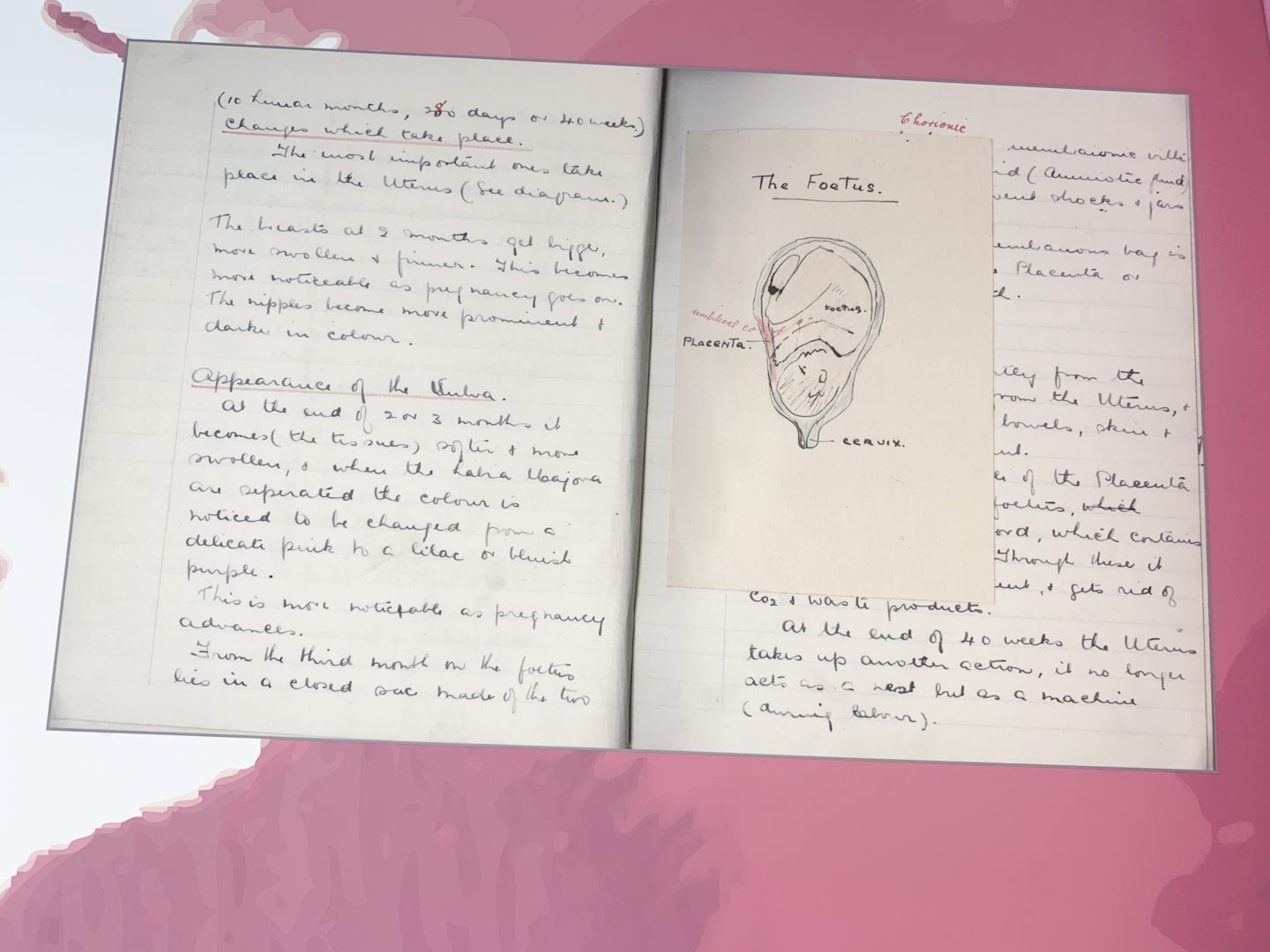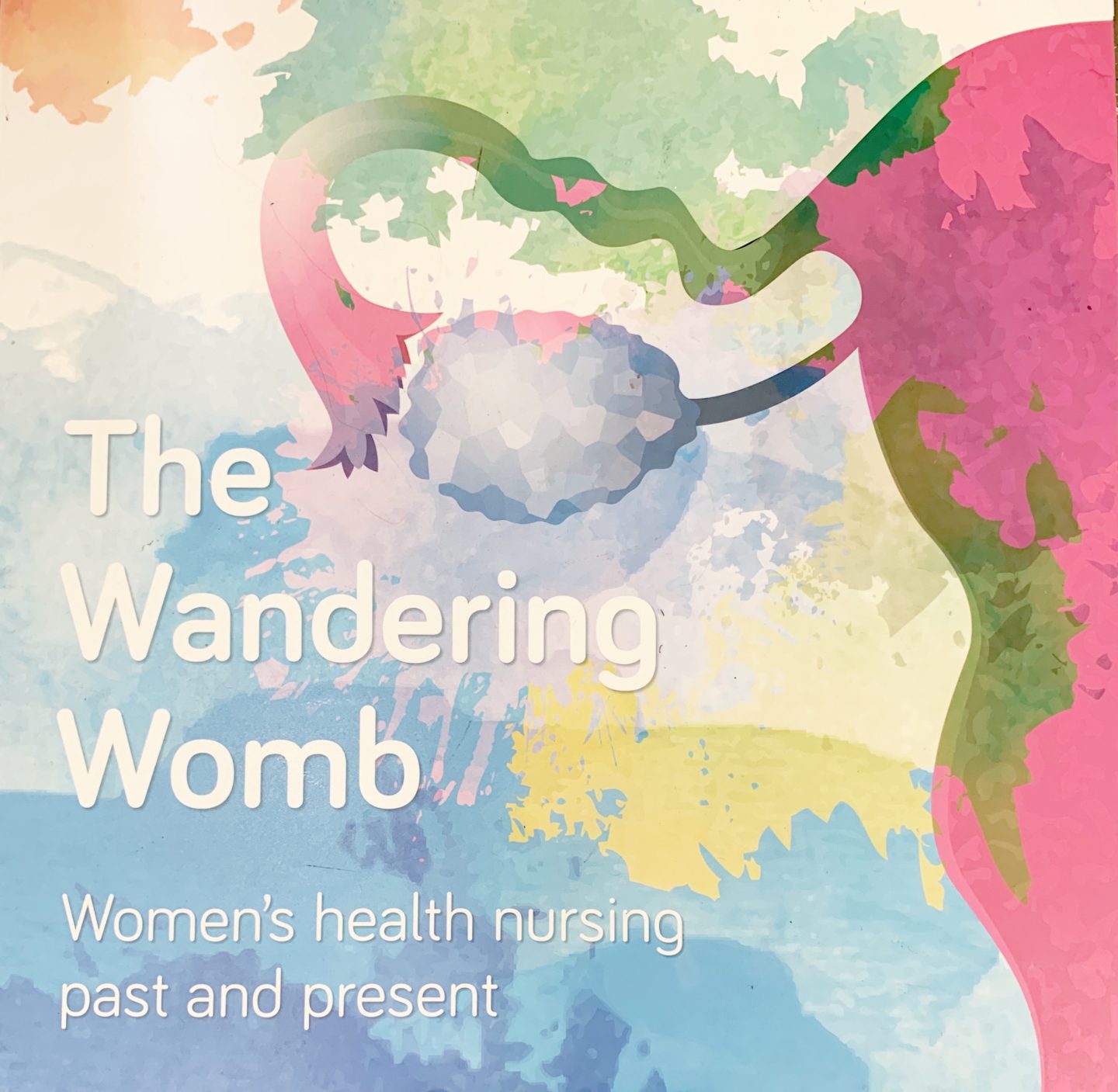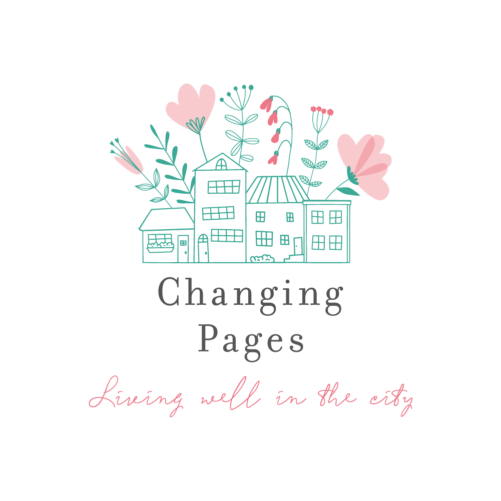 Today is International Womens Day, a day to celebrate the amazing achievements of women. The older I get, the more I realise how incredible women are and how thankful I am for the many wonderful women in my life. As a nurse, I work in a largely female dominated profession. This gender divide is always attributed to the caring nature of nursing. In part I am sure this is true. But I also believe it is because nursing is hard work, it requires commitment and determination. Being a nurse means accepting there will be a daily struggle with lack of funding, lack of staffing, increased patient numbers and expectation, without substantial financial recompense. Every single day, I see the women I work with going the extra mile, showing compassion, kindness, creativity, and huge strength of character.
Today is International Womens Day, a day to celebrate the amazing achievements of women. The older I get, the more I realise how incredible women are and how thankful I am for the many wonderful women in my life. As a nurse, I work in a largely female dominated profession. This gender divide is always attributed to the caring nature of nursing. In part I am sure this is true. But I also believe it is because nursing is hard work, it requires commitment and determination. Being a nurse means accepting there will be a daily struggle with lack of funding, lack of staffing, increased patient numbers and expectation, without substantial financial recompense. Every single day, I see the women I work with going the extra mile, showing compassion, kindness, creativity, and huge strength of character.
I am a huge fan of the BBC drama Call the Midwife. I love it for many of the same reasons I am proud to be a nurse, It shows intelligent, brave women caring for other women, women being innovative and protective and leading the way in women’s health care. A recent episode brought this very much home when a scene showed a young woman undergoing a gynaecological examination with at least 6 male doctors peering at her anatomy, and discussing her as if she didn’t exist. It made me so cross to realise that women have had to undergo this kind of treatment. As the story developed, one of the midwives was so moved by the lack of respect shown to women. she volunteered her services to work in a women’s health service. An example of how women were at the forefront of not just of caring, but of caring for other women.
This is a perhaps a rather convoluted way of introducing a current exhibition on women’s health showing at the Royal College of Nursing. Its title is ‘The Wandering Womb, Womens Health Past and Present’. The exhibition looks at how nursing as a profession has challenged the myths and misconceptions around women’s health, whilst exploring themes of menstruation, miscarriage, menopause and gynaecological cancers.

The Wandering Womb, Womens Health Past and Present
The exhibition begins by acknowledging that decisions about women’s health have been historically made by men. About 100 year ago when women gained the right to vote, nursing was also recognised as a largely female profession. Since then women have been leading the way in healthcare As the role of nurses has grown, they have increasingly become advocates for other women. This is to be celebrated particularly on International Women’s Day.
The exhibition throws up some disturbing and fascinating insights into women’s health through the years. In the late nineteenth century, it was deemed scientifically proven that women’s biology made them less rational than men, and unfit to participate in many areas of public life.
For the Victorians, the menstrual cycle was linked to disease. At that time women knew very little about their own bodies and would go to all sorts of lengths to find things out, hiding secret texts and pamphlets about the female body in the dust jackets of acceptable reading material.
Pregnancy Loss and Miscarriage
This sadly, is still something to which stigma is attached. In the 19th century, women were always blamed for miscarriage. It would be attributed to their activities, or their emotional state, but it was always something they had brought upon themselves. These beliefs are now thankfuly outdated and yet there is still a stigma attached to miscarriage. How rarely is it discussed? How many women do you / I know who have undergone the pain of miscarriage. I suspect far, far more than we realise. Today specialist nurses (usually women) are working in early pregnancy units, taking the lead with scanning and treatment but equally importantly, focusing on the emotional aspect and health of women in their care.
The Menopause
Victorian women going through The Menopause were also subject to ridicule and put through some shocking ‘treatments’ For any woman between 45-50 years, an inevitable decline into madness was expected. They were often prescribed blood letting and leeching, to releive them of their ‘symptoms’.
Gynaecological Cancers
Today, women play a huge part in diagnosis, treatment and the long term care of women with gynaecological cancers. This hasn’t always been the case. Gynaecological ‘care’ was traditionally carried out by men. Again in the Victorian era, surgery was carried out by men, which was extensive and extreme. In the past, hysterectomy’s have took place unnecessarily, even when there was known to be a high risk of death. Gynaecological cancers are complex for many reasons, caring for a woman with this diagnosis requires tact, sensitivity, specialist knowledge and understanding. Today it is mainly females who carry out these roles. Women caring for women and empowering them to make informed choices about the care of their own bodies.
When writing about the role of women in women’s health, it would be wrong to omit a reference to the pioneer of women in health care, Florence Nightingale. Thanks to her and many other women who have followed in her footsteps, women now have increased opportunities to take control over their own health and health care. Hear hear!


So so interesting Angie, am going to read it all again when my eyes are better! I,too, love “Call the Midwife”. I winced at that episode because exactly the same thing happened to me in the 1970s when I was only in my 20s – horrid and humiliating! Xxx
Author
Women were subject to such humiliation, thank goodness recent years have seen so much change. I am so sorry you went though that. I am sure its something you don’t forget. xx
Fabulous blog Angie!! X x 😊
Author
Thank you lovely xx
Fabulous, as ever, Angie xx
Author
Thank you so much, as ever xxx